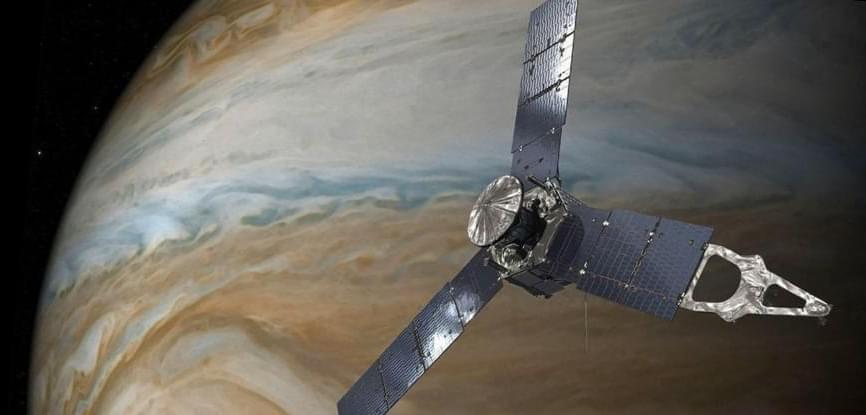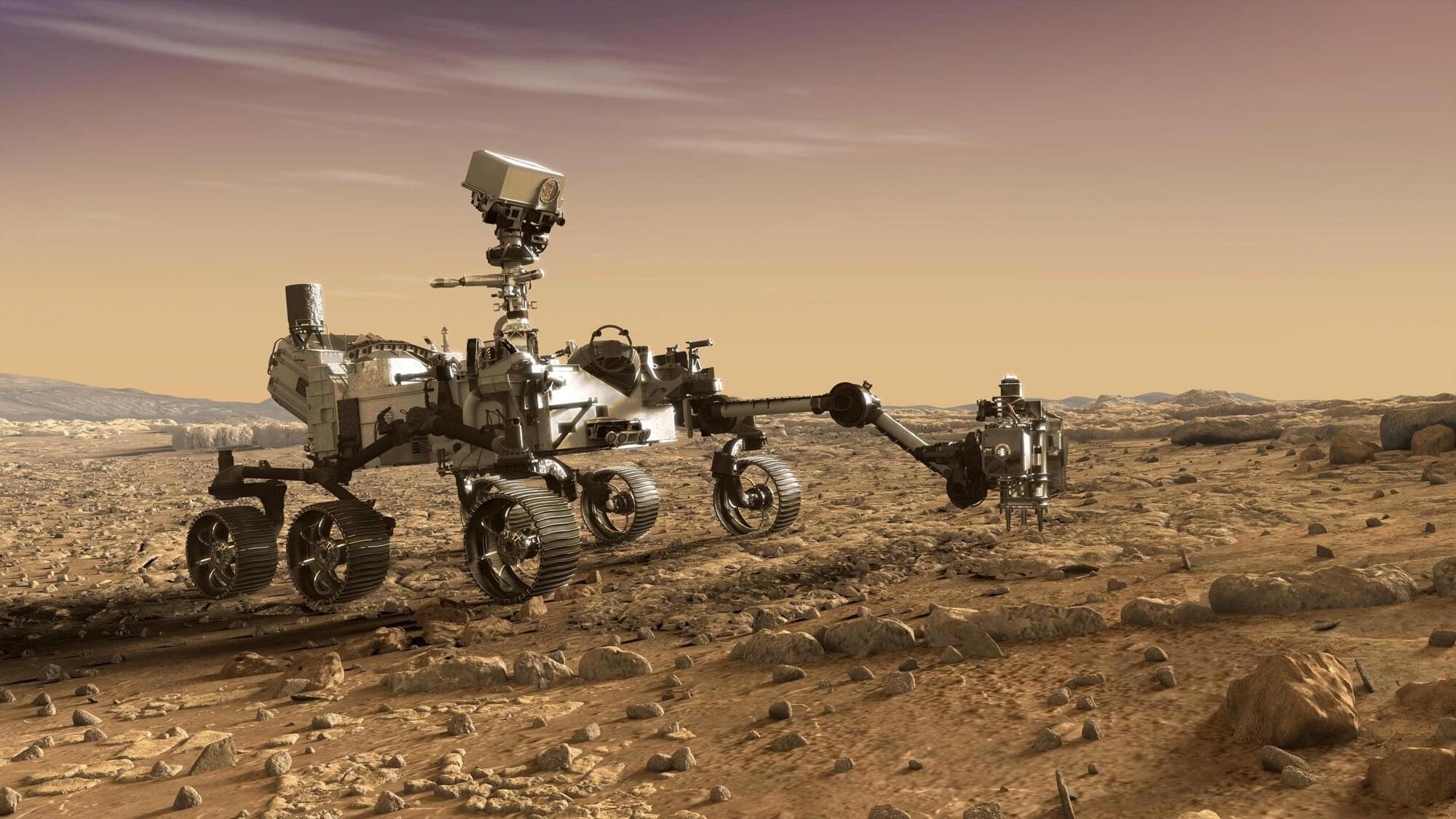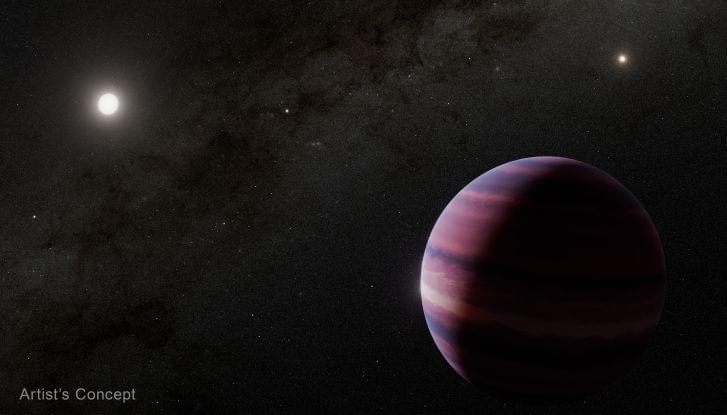Astronomers at the Pan-STARRS Observatory in Hawaii made history in 2017 when they detected ’Oumuamua, the first interstellar object (ISO) ever observed.
Two years later, the interstellar comet 2I/Borisov became the second ISO ever observed. And on July 1st, 2025, the Asteroid Terrestrial-impact Last Alert System (ATLAS) in Rio Hurtado detected a third interstellar object in our Solar System, the comet now known as 3I/ATLAS (or C/2025 N1 ATLAS).
Like its predecessors, the arrival of this object has fueled immense scientific interest and led to proposals for missions that could rendezvous with future ISOs.







